Introduction
Exploring their crime, prisons and punishment records, Findmypast have sent us the story of Richard Archer Prince, the Adelphi Theatre murderer. To find out more about Findmypast’s Crime and Punishment season, visit their dedicated page today. http://www.findmypast.co.uk/crime-prisons-punishment
Blog
| In 1897, a thespian superstar was cut down in his prime by a failed actor who was down on his luck and out for revenge. On the evening of December 16th, William Terris was entering the Adelphi Theatre in London’s Covent Garden when his assailant – Richard Archer Prince – attacked, fatally stabbing Terris and shocking the world of theatre to its core. The case of Richard Archer Prince is rather a sad one. An aspiring actor whose career never really took off, Prince’s livelihood often depended on small parts given to him by Terris himself, normally productions in which Terris had a hand. On the fateful night of Terris’ death, Prince was out of work and filled with spite. What he did next is extensively documented in Findmypast’s records. |
Why not see what stories you can uncover in our archives? Visit the Findmypast Crime and Punishment records today and find the jailbirds in your family tree.
Links
http://www.findmypast.co.uk/ancestry-hour
Quick Link to Find My Past "Crime Prison and Punishment" Records
http://www.findmypast.co.uk/crime-prisons-punishment
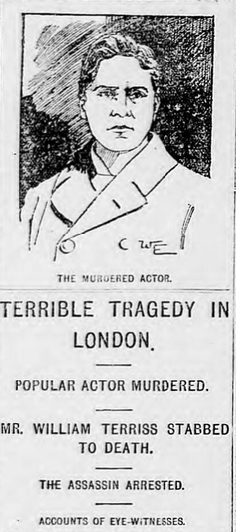

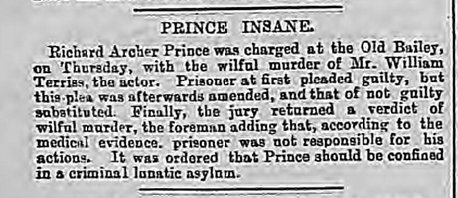
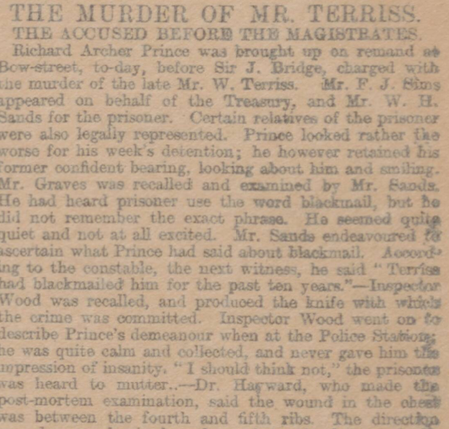
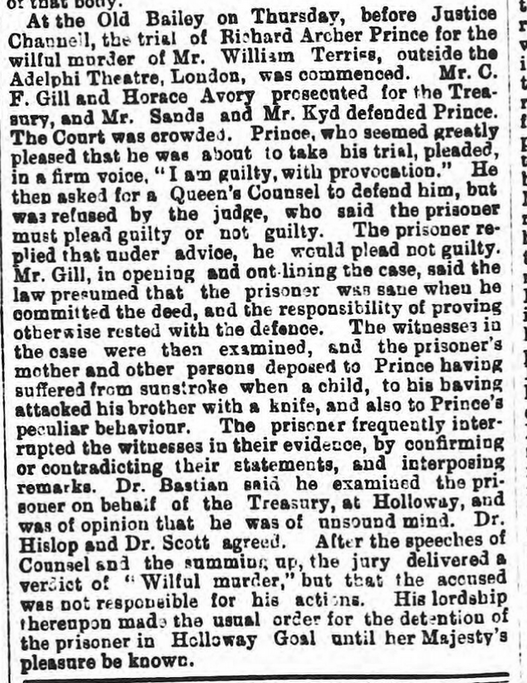
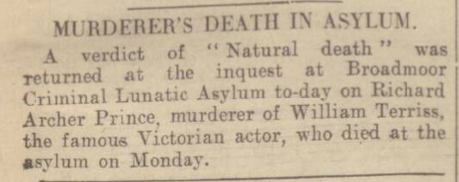

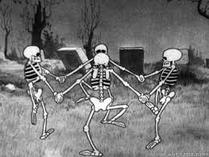
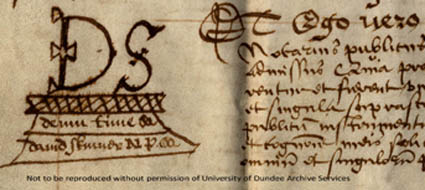
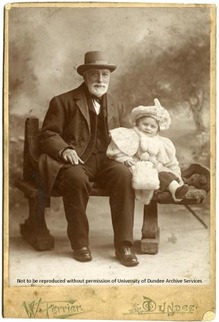
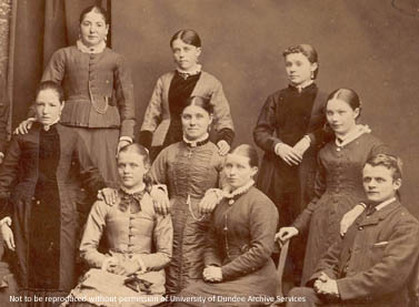
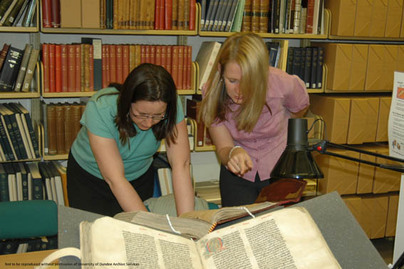

 RSS Feed
RSS Feed
